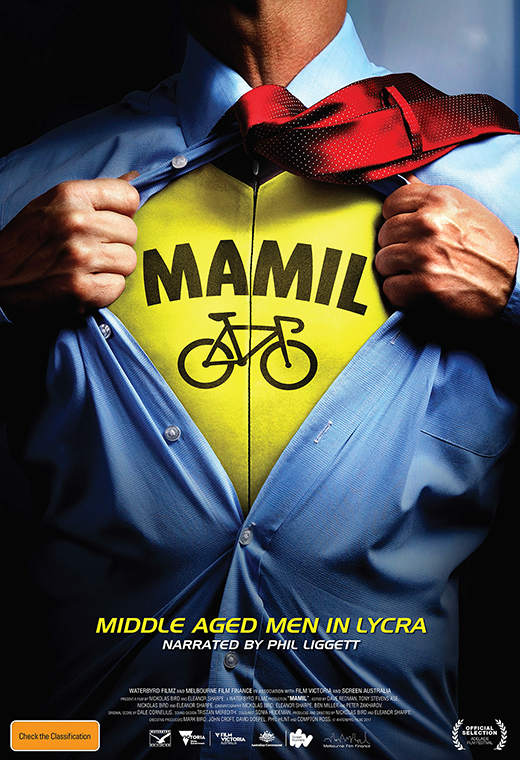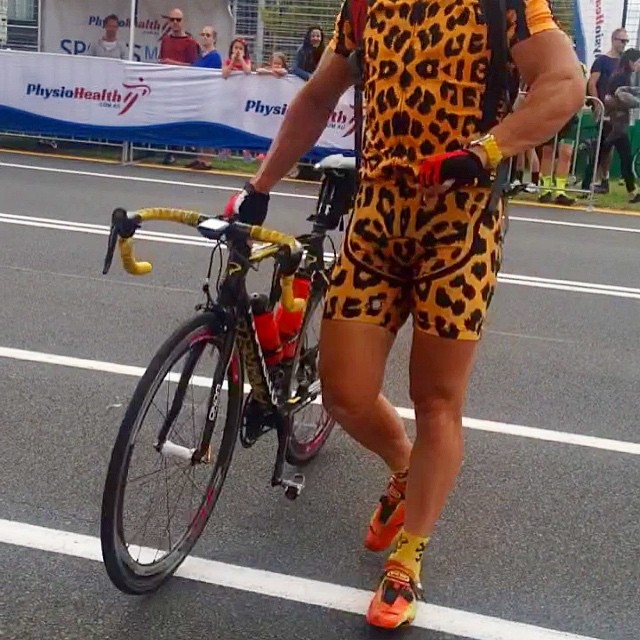Bike Riders, Cyclists, and Things That Go
 |
| Reading Bike Hub in Reading, PA |
On this blog you may have noticed I use the terms bike rider and cyclist interchangeably. Some "cyclists" may disagree with this use. I have been told that bike riders are those who sit atop motorcycles. Bikes have those kind of engines. Mostly this talk comes from folks who consider themselves "cyclists."
 |
| Be proud! |
Then there's this whole set of folks who call themselves "bike riders." A good example of these folks might be the hardcore commuters that you find in Chicago rolling on their fixies (bikes with no gears and no brakes--how does this even work?! I'm in awe). If I could paint you a picture of them for my dictionary they'd probably have one pant leg rolled up and a heavy chain lock looped around their chest like a bandolier. They ride their bikes anywhere humanly possible in whatever (probably bike-grease-stained) clothes they happen to be wearing (Of course the clothes they buy are mostly designed for this after awhile too. This is why skinny jeans are here to stay. You're welcome).
I probably lean toward bike rider but the purest of this set would probably not accept me on my 21-
Elgin Bike Hub takes it's name inspiration from Reading Bike Hub in Pennsylvania. Reading is a town with rough economic situation. The unemployment rate in Reading is 8.2 percent, more than three percentage points higher than the national average. About 14 percent of people who do work don't have a car. While some cities are transforming themselves into bike meccas to be hip, trendy, and attractive to millennials (like me), Reading sees the value in bikes as tools.
A little over a year ago Parker and I caught a story about RBH on NPR, and Parker followed up, talked with someone who worked there. It seemed right. A simply named community-supported shop with an ethos of equity at its core that could serve as a base for education, advocacy, repair, and tool-sharing. Maybe that's what Elgin could use too. Parker took a picture of the tower that will soon be finished as apartments downtown through the lens of his bike spokes and started a Facebook page and a blog. Poof. "A project to support the bike riders and bike culture of Elgin, IL" was born. We don't know what it will be. Will there be a shop? Is it a club? Is it a base of community organizing? How can we foster and maintain diversity and equity? What do the bike riders and the bike culture of Elgin really need? What makes for a hub for all?
Yet, doesn't improved infrastructure for bike riders help cyclists too? Isn't making streets safe for all users on all means of transportation ages 8-80 and beyond helpful for those of all economic means? Through the increased social connections and opportunities for incidental exercise, I think it also makes for entire communities of healthier, happier people.
Plus, doesn't a person on two wheels smile just as big coming down a big hill whatever you name them? Plus, Brits writing about bicycles seem to use cyclist to refer to everyone, which made me all confused and now I just use whatever word I want (Why can't we be friends? Why can't we be friends... ::singing by myself::).




Comments
Post a Comment